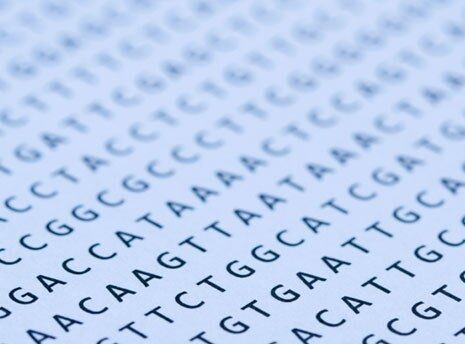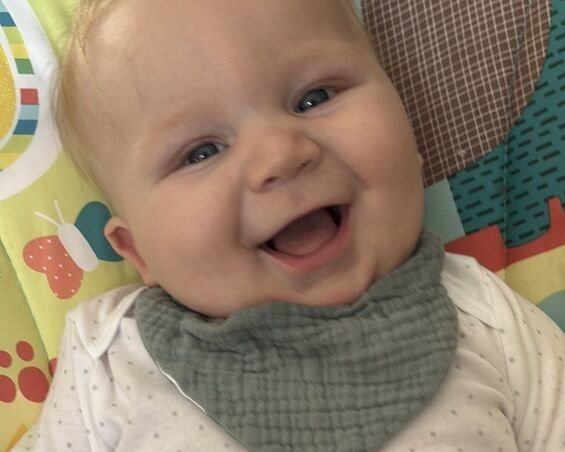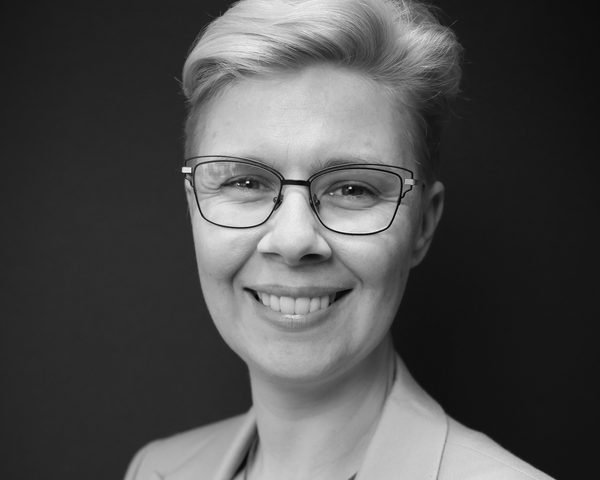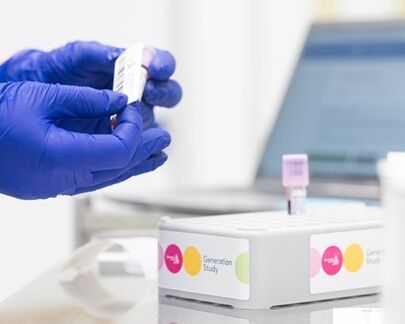100,000 Genomes Project Update

The main phase of the 100,000 Genomes Project has now begun with 11 Genomic Medicine Centres announced in December 2014 and the first patients recruited in March. Here we report our progress, as well as the sequencing from the pilot project that is well underway. We are working on how best to integrate our service into the NHS as well as how we can best analyse tumour samples donated by cancer patients.
Genomic Medicine Centres
The main programme clinical sites or ‘Genomic Medicine Centres’ (GMCs) all have to complete a review of their processes and then rigorous test runs to ensure that all data and sample logistics run smoothly before any patient samples can be put through the process. All of the 11 GMCs have started these and over half have now passed and are recruiting their first patients. Again the processes for these initial samples will be carefully monitored before scaling up to full capacity, which will happen over the coming months. It takes time to get to full capacity but our groundwork now is critical to us being able to expand the recruitment of participants and the collection of samples with confidence.
Main phase update
Over 5,000 participants have already agreed to take part in the 100,000 Genomes Project as part of the pilots: 3,500 in rare diseases and almost 2,000 in cancer. We have already delivered over 2,300 whole genome sequences, and we are starting to interpret these to help patients. The learnings from this are feeding into our main programme, which is an immensely complex project. We are still on track to complete our 100,000 sequences by 2017.
As we are building up our capacity and developing our processes, it can take three to six months from recruiting a patient to completing the whole genome sequencing on their sample. As our processes and the technology improves we expect to see this timescale decrease significantly during the lifetime of the Project, with an aim to get the sequencing process down to two weeks in the third year of the programme.
How many genomes have you sequenced?
Dependent on samples passing quality control, we will have 5,000 whole genome sequenced by the end of August 2015 and we are expecting all of the GMCs to be running at full scale for rare diseases by the Autumn.
These first 5,000 sequences are from the pilot phase and our GeCIP domains and GENE Consortium partners will shortly begin working with this data.

What is happening with cancer samples?
The 100,000 Genomes Project is at the cutting edge of science. No-one has ever attempted whole genome sequencing at this scale before, nor tried to establish it as part of everyday medical care in hospitals. We have always known that we would encounter challenges along the way and have overcome many already, paving the way for sequencing to become normal NHS care in the future. But there is a particular issue with cancer – how to get enough DNA of the right quality for sequencing.
The challenges around cancer tissue processing are by no means unique to this programme. No one else nationally or internationally has solved the issue of obtaining high quality sequences from cancer samples routinely collected through their healthcare system. If we manage to find a reliable solution, we will have made a major contribution to health not just in the UK but worldwide.
For cancer, what we are doing is comparing the DNA sequence from patient’s normal cells with that found in cells from their cancers. The many thousands of changes found in the cancer DNA may guide treatment and help us understand cancer better.
The cancer cells are taken from tiny pieces of the tumour removed at biopsy or during surgery. For normal analysis, these pieces of tissue would typically be preserved in formalin (‘formalin fixed’) and then embedded in wax blocks (‘paraffin embedded’). This technique is called FFPE for short. A pathologist then slices the block very thinly and looks at each slice under a microscope. This is a very good method for conventional cancer diagnosis.
DNA does not react well to being heated and immersed in chemicals. It may become fragmented and bits ‘lost’ or changed. During the initial phase of the pilots, the quality of DNA from most of the routine FFPE samples did not produce a high enough quality for whole genome sequencing. There are some tweaks that can be made to the FFPE process that lessen the impact on the DNA, but even so, only 50% of samples we sequenced produced whole genome sequencing of the high quality we would like to see.
An alternative method of processing is snap freezing of tissue pieces directly from the surgical specimen (FF or fresh frozen) in operating theatres. Very good quality DNA is obtained in this way. This method has been used for tissue-banking and for major cancer sequencing projects undertaken to date but is not currently part of standard practices within hospitals. Furthermore, logistics aside, it is not the definitive solution for all tumours. When we compared fresh frozen with even the best FFPE, we discovered that in fact, it too has some major disadvantages. In some cancers – for instance lung – such a small amount of tissue is obtained that there may not be enough cancer cells from which to get DNA. In others – such as prostate cancer – not all of the tumour is made up of cancer cells. There are islands of normal cells too. So, the major challenge here is making sure that the tissue piece taken contains enough cancer cells.
Part of the solution is around establishing the evidence base to define in detail the absolutely best FFPE and FF methods or pathways for producing top quality DNA for whole genome sequencing from cancer samples. We are currently conducting such experiments and we have a wide range of scientific experts across the UK working with us on these. The second part of the solution is working with the NHS to get these processes working in the busy operating theatres and laboratories of the NHS. We hope to start with new procedures at in the next few weeks, but won’t do so unless we are sure that we get a high quality sequencing result.
Ultimately our goal is to achieve the highest quality cancer genomes for the NHS. The quality of the DNA extracted from samples is a crucial part of the process and will affect the quality of the dataset.
The work we are doing will have the potential to influence and improve the quality of samples we are able to collect for years to come within the NHS.
For more information on sequencing DNA from cancer genomes, visit the Health Education England site.


